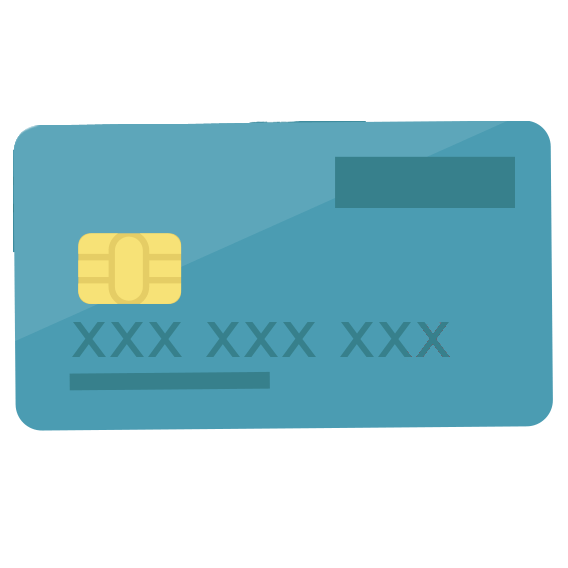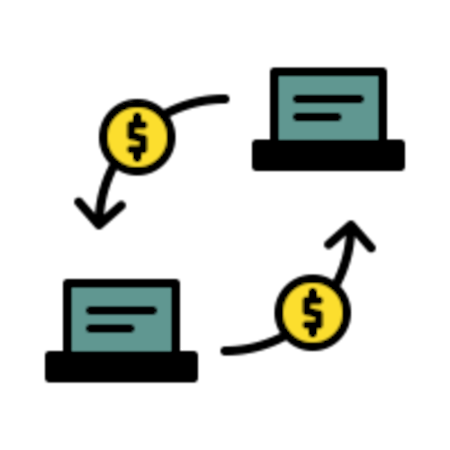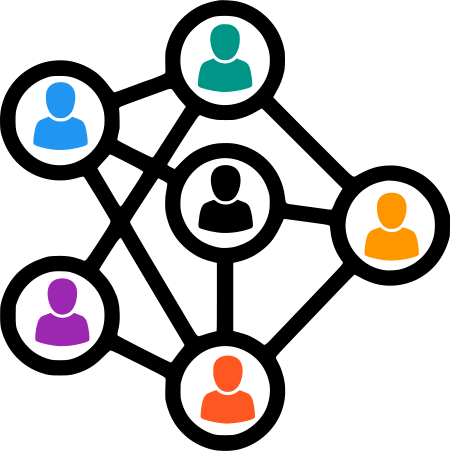The world is full of schemes and scams, aiming to take advantage of unsuspecting individuals (find out the Top Scams of 2023). Especially older adults are favorite targets of con artists and cybercriminals. That doesn’t mean we have to live in constant fear. We can protect ourselves from fraud and other financial threats. Here are 10 tips to contribute to financial safety.

1. DON’T give private information to people you don’t know
This includes credit/debit card, Social Security, bank account, and Medicare/MediCal numbers. Especially do not give this information to people over the phone or online unless you can confirm they are who they claim. Don’t reply to the phone number or email address from which the request was made. Confirm their identity from known contact information.

2. DON’T fall for pressure
If someone pressures you to act quickly because an offer will expire or a deadline is coming up, it’s probably a scam. Take your time to think through the decision or ask for a second opinion from someone you trust.

3. DON’T send money online
Many scams ask for gift cards, wire transfers, or bitcoin transfers because once you have sent the money, it’s almost impossible to get it back. Never send money online to people or institutions you don’t know. If you are unsure whether you can trust the person or institution, contact them by another verified method to ask if they sent the request.

4. DON’T put private information on social media
This includes your phone number and home address. Even if your profile is private, it’s easy for cybercriminals to access this information. While we all love posting pictures of our vacations, doing this while still away from home allows potential thieves to know the house is empty.

5. DON’T allow strangers into your house
This may sound like a given, but potential criminals may pose as neighbors in distress or utility workers. Even if you have scheduled a visit from a maintenance or utility worker, it may still be advisable to have a friend or family member there with you as well.

6. DO hang up if someone suspicious calls
Government agencies such as the IRS, Medicare, and Social Security do not make cold calls to individuals asking you to confirm your account information. If someone calls claiming to be from a government agency, don’t give them any personal information.

7. DO understand purchases fully
Many major financial decisions come with complicated terms, hidden clauses, and fine print. So before committing to any financial changes or major purchases, make sure you fully understand the potential consequences.

8. DO get it in writing
If you make any significant purchases or major financial decisions, make sure to get contracts and receipts as evidence of the agreement. This can help enforce the other party’s obligations.

9. DO delete suspicious emails
Banks and other financial organizations will not contact you by email asking you to confirm your account information. Do not reply to emails about failed payments or account issues. Simply delete the email. If you think the email might be legitimate, call your bank using a confirmed phone number (such as one from a bill or from their website) to confirm.

10. DO contact authorities
If you or your family member experiences any form of fraud or abuse, report the incident to the proper law enforcement agency.
These days, no one is invulnerable to financial attacks. But these financial safety tips can help ward off much of the danger. The most important thing we can do is to remain alert and aware to potential tactics. If we are careful with whom we share our money and personal information, we can enjoy a measure of security.
